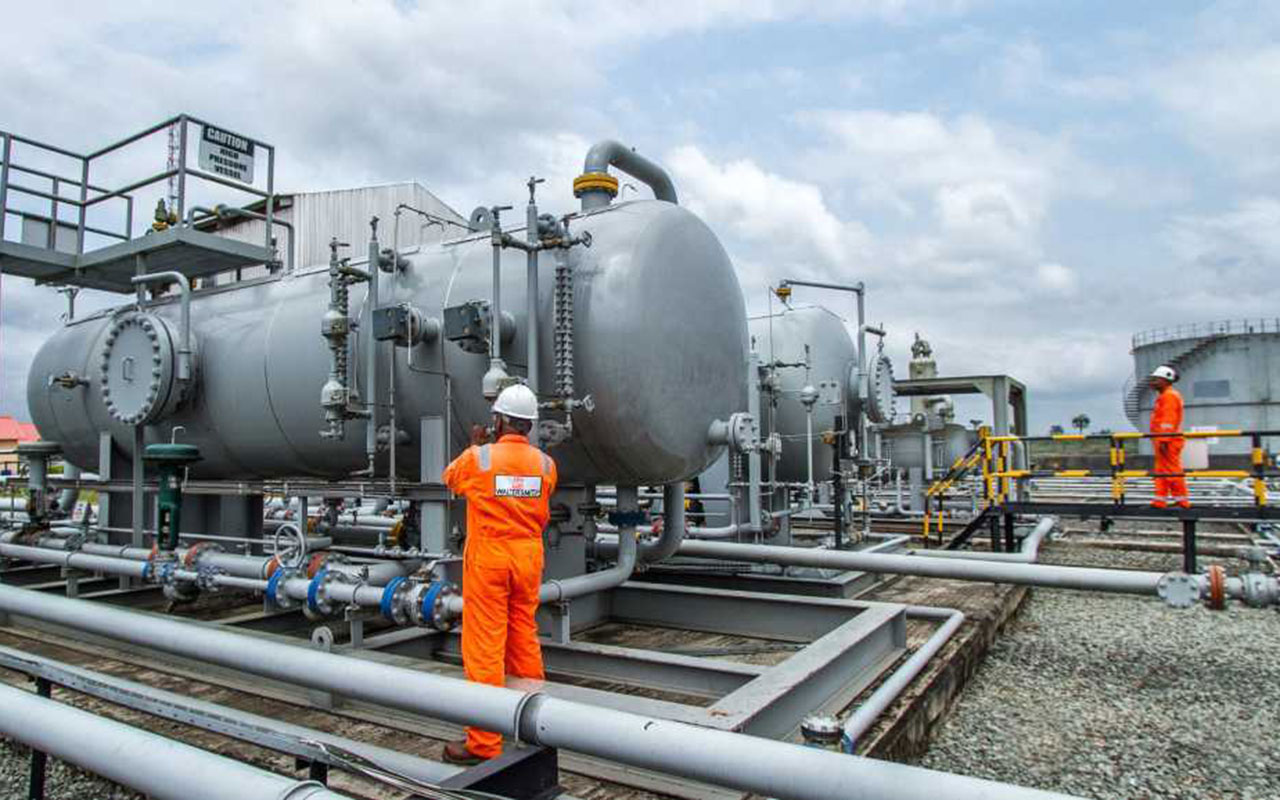
• Owners Challenge NUPRC On Supply Obligations
Modular refineries are finding it difficult to operate at optimal capacity dues to short fall in crude oil supply, the Crude Oil Refiners Association of Nigeria (CORAN), has said.
The Vice Chairman, CORAN, Mrs.Oludolapo Okulaja, who stated this at the industry webinar by Major Energy Marketers Association of Nigeria (MEMAN), said the modular refineries are in serious need of feedstock.
She said: “The modular refineries and Dangote Refinery are in serious need of feedstock. The supply of crude to local refineries should be utmost priority for the government now, so that we can get appropriate quantity of feedstock, which would be refined at optimal capacities.
“We have a situation some of our members who can do 10,000 barrels per day, which is 300,000 barrels per month, are being given 30,000 barrels for the whole month. It does not make any sense.
“As crude oil refiners, we have the potentials to make Nigeria net exporter of top quality petroleum products, while fueling Nigeria’s domestic energy needs, by ensuring that there is adequate supply.
“We need to be very intentional about growing our refining capacity in Nigeria. The refiners can add credible values by refining our crude oil in-country, as compared to just exporting crude oil as raw materials to other countries to refine, which we imported back often at very high prices and not the best quality,” she said.
She said the major challenges facing the local refiners are regulatory issues, lack of access to funding, and inadequate domestic feedstock supply.
Okulaja said: “The Nigerian Upstream Petroleum Regulatory Commission (NUPRC) is not complying with the Domestic Crude Oil Supply Obligations (DCOS) regulations and have been depriving so many of our refineries (the modular as well as Dangote refinery) of consistent and much needed feedstock to refine at maximum capacity.
“We also know that Nigeria’s oil production at present is low, which should be increased through safeguarding the prime natural resources from theft and vandalisation.
“To date, unfortunately, Nigeria’s oil production has not resulted in any impactful national development or national wealth. To date, the Federal Government still depends on imported petroleum products, which are substandard, instead of supporting the development of local refineries.”
She listed some of other issues limiting optimal performance of the modular refineries to include infrastructure deficits, inadequate power supply, poor transportation, poor or non-existing pipeline infrastructure, which increase operating costs.
Okulaja noted that though there are incentives for operators such as duty free on equipment imported and some tax relief, “but these need to be duly implemented with a doable framework in place to be followed by the beneficiaries.”
She also stressed the need for more investment in modular refinery, through development intervention fund, which would allow for phased expansions.
“Nigeria’s oil and gas operators must find sustainable ways to maximise operations, amplify capital, manage emissions and build for tomorrow. Even while we are facing the different challenges of pricing shift, security issues, unavailability of foreign currency and naira free fall, among others, we must by all means aim to become more successful and sustainable energy companies that aim not only to increase oil and gas production but also diversify,” she said.






